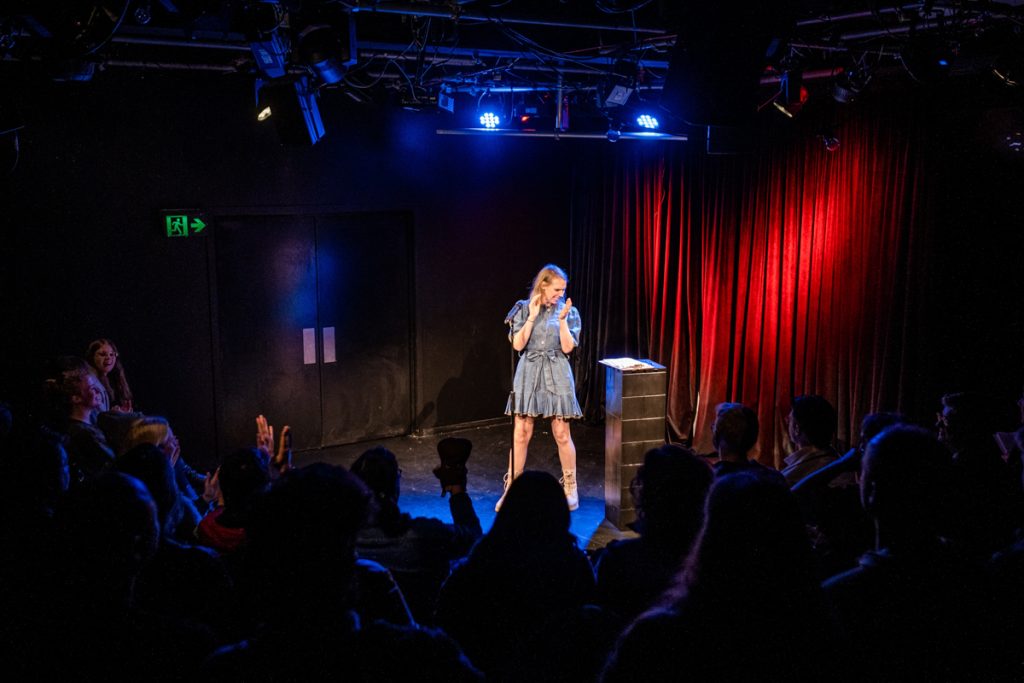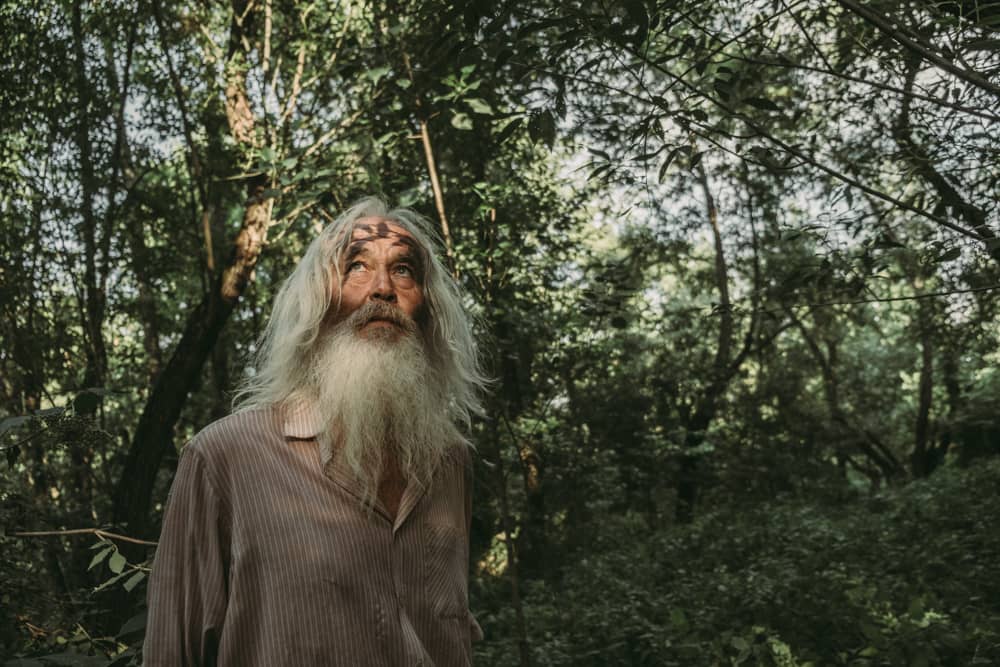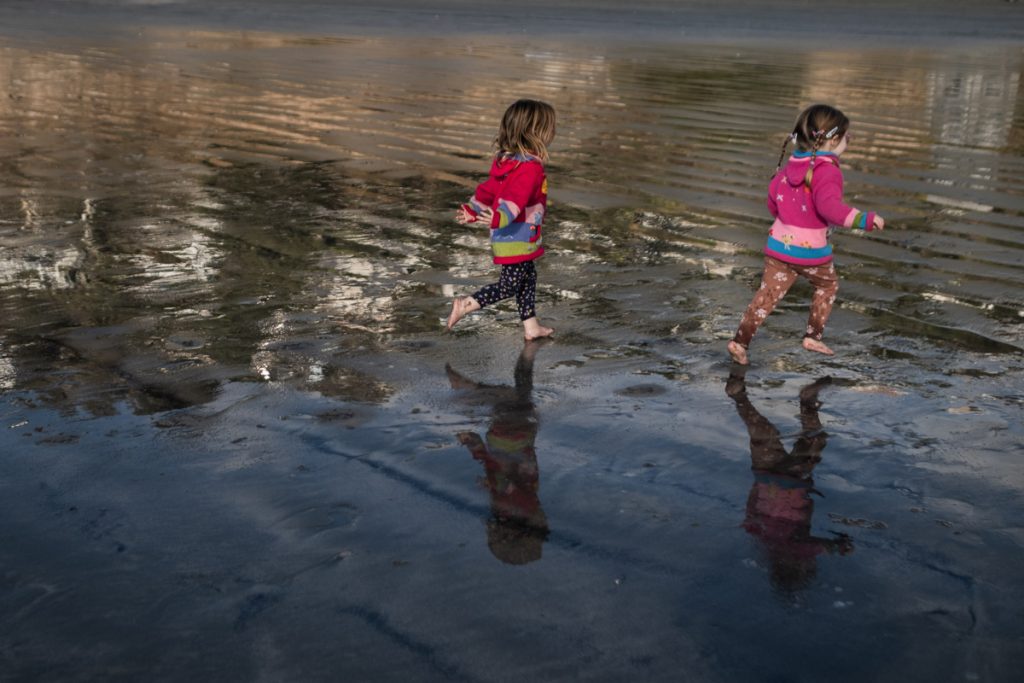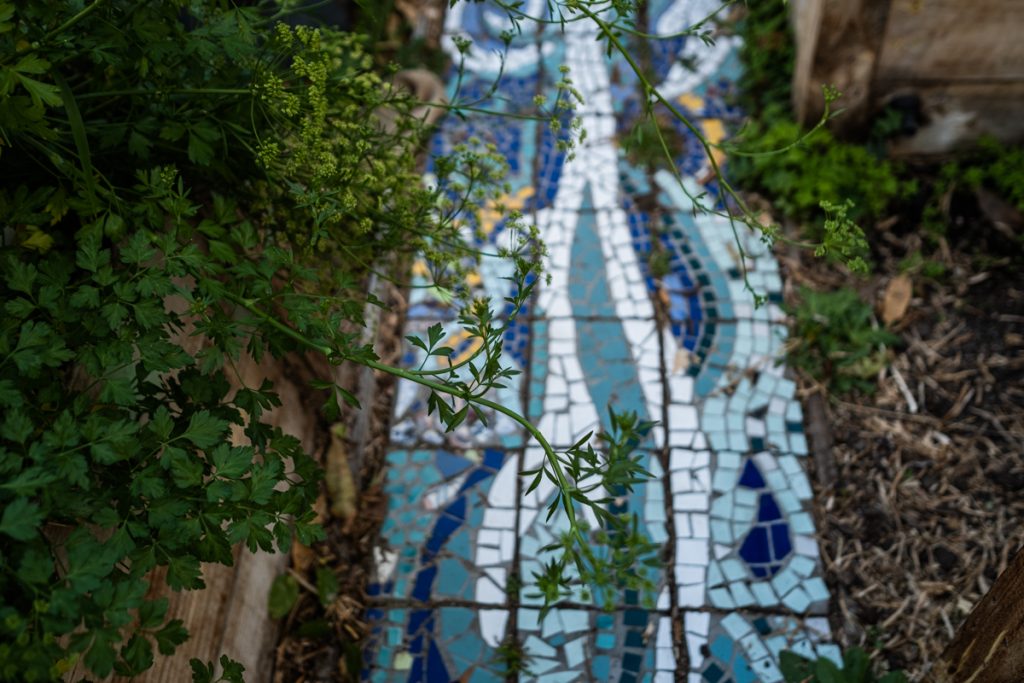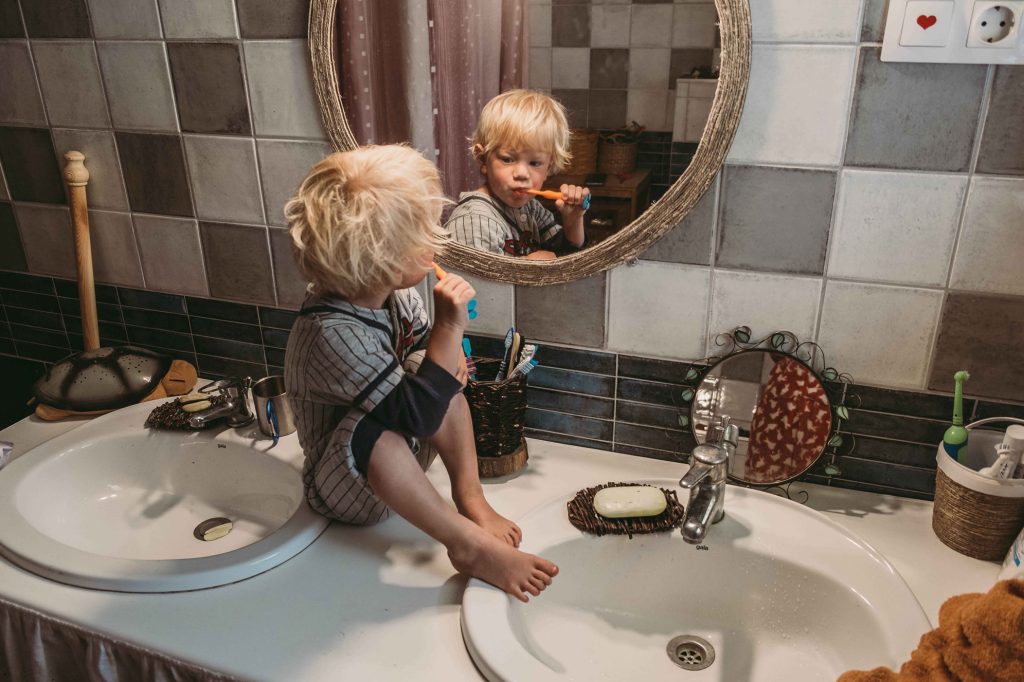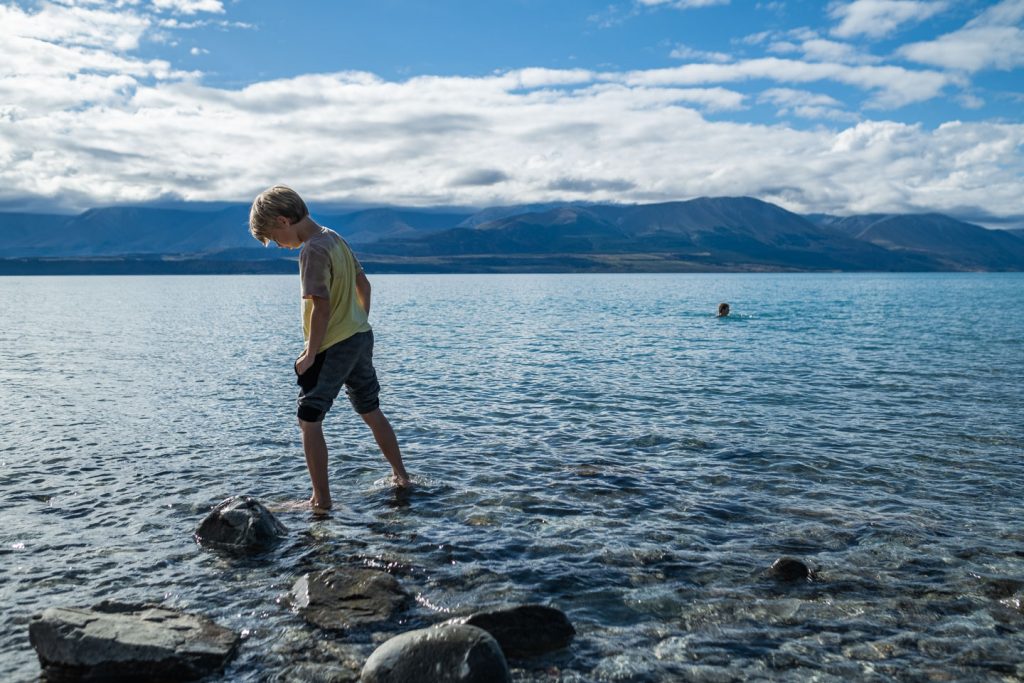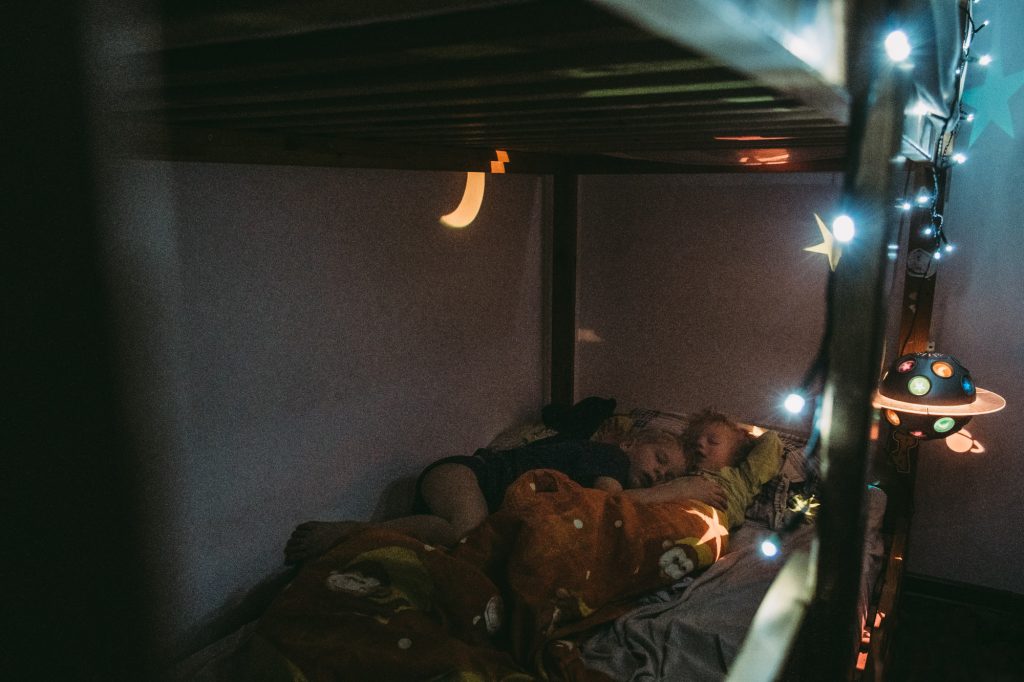Our new life in New Zealand
“Don’t be sorry!”
Do you know how many times I’ve heard this phrase here, in New Zealand? Exactly as many times as I’ve said “sorry”!
We arrived in New Zealand 1,5 years ago. On our long and adventurous journey, we learn a lot.
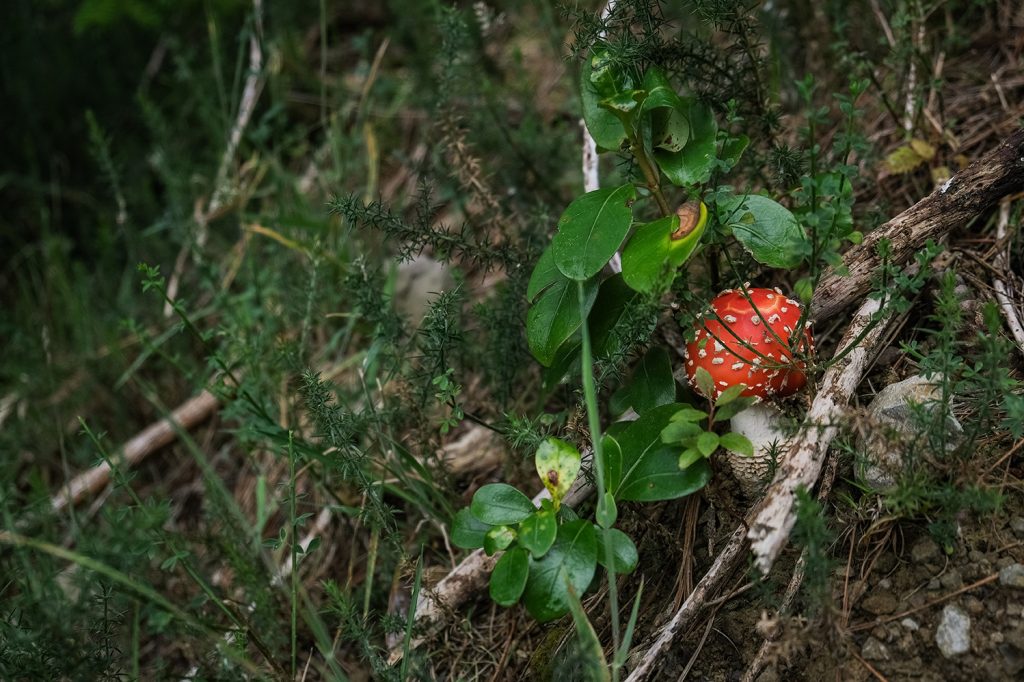
As a Hungarian – and I think I can generalise this – we grew up in a culture of shame. And this really becomes clear when you’re in a foreign country where it’s not usual at all.
Recently, a Hungarian entrepreneur who also moved abroad wrote about how brave foreigners are to ask. They’re not afraid, they’re not ashamed to ask. Her post was about a professional forum, and another group full of leaders, where they “should have known” things. At least according to our beliefs. But they don’t think that I won’t ask, or I try to hide that I don’t know, or I try to look confident, as I do know…
If I don’t know something, I just ask. If I need something, I ask. It’s as simple as that.
The help is also extraordinary here in New Zealand. It goes without shame. You don’t have to explain why you’re in need, and why it’s not your fault. Anyone who can help will do so, simply because it’s necessary. No one thinks that anyone else could have anything to do with the reasons. It’s not up to them to judge the situation. And anyone at anytime can find themselves in a difficult situation. And then, they will be the one who asks for help.
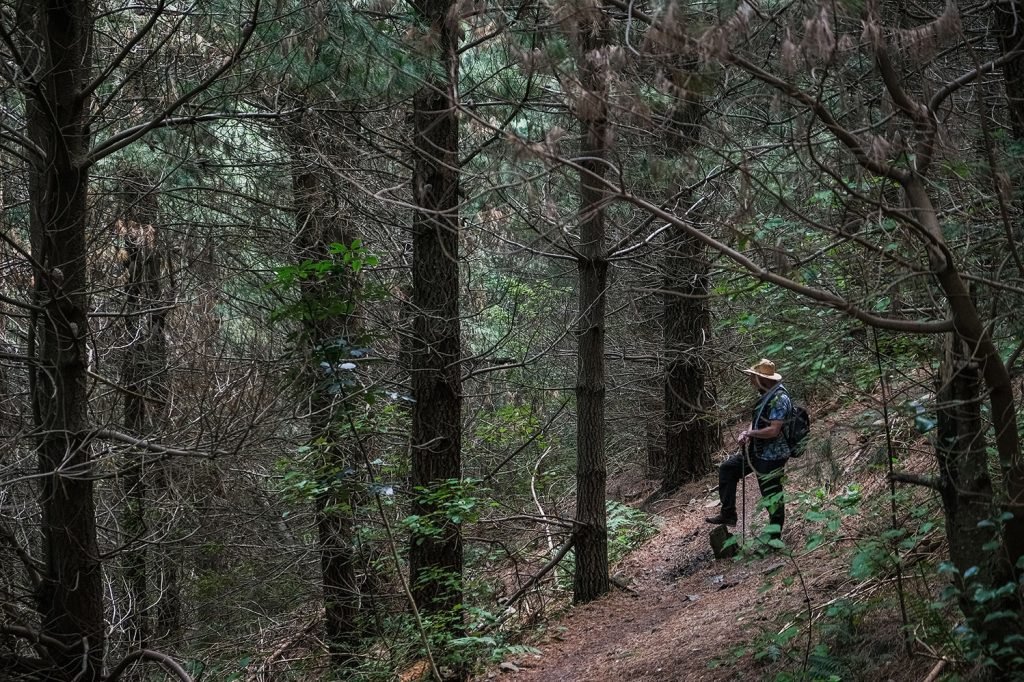
The big respect for decisions was also surprising to us. I’ll tell you about two situations.
- story
We come from a Waldorf background, and we enrolled all our children in this educational system here in New Zealand, too. I also work as a Waldorf kindergarten teacher, at the same school. Long story short, it didn’t work out for one of them, and after much consideration, we decided that he would go to another school. Moreover, at that time, another of our children was just on the waiting list. When my colleague asked me one afternoon that my son wasn’t going here after all, I immediately started explaining, I was ashamed of the “disloyalty”, I felt like I wanted her to understand, and not judge me, oh my, what did she think of me now! Since it was the end of the workday, we were packing up, getting ready to go home – and I realized that she was barely paying attention. At least she was not in that concentrated presence in which I tried to “clear my name”… Because the situation was that she wasn’t interested in explaining. That’s not why she asked. She was curious about my son. But it didn’t even occur to her that we didn’t make this decision with the best intentions. As she said, she knows that we made the most appropriate decision for our son’s sake. She didn’t want to convince me that she wouldn’t judge me – but it really didn’t occur to her that she had anything to do with our reasons, especially because she didn’t have the authority to judge us. She respected what belonged to us. Freedom of choice, privacy, the boundaries of another person’s life.
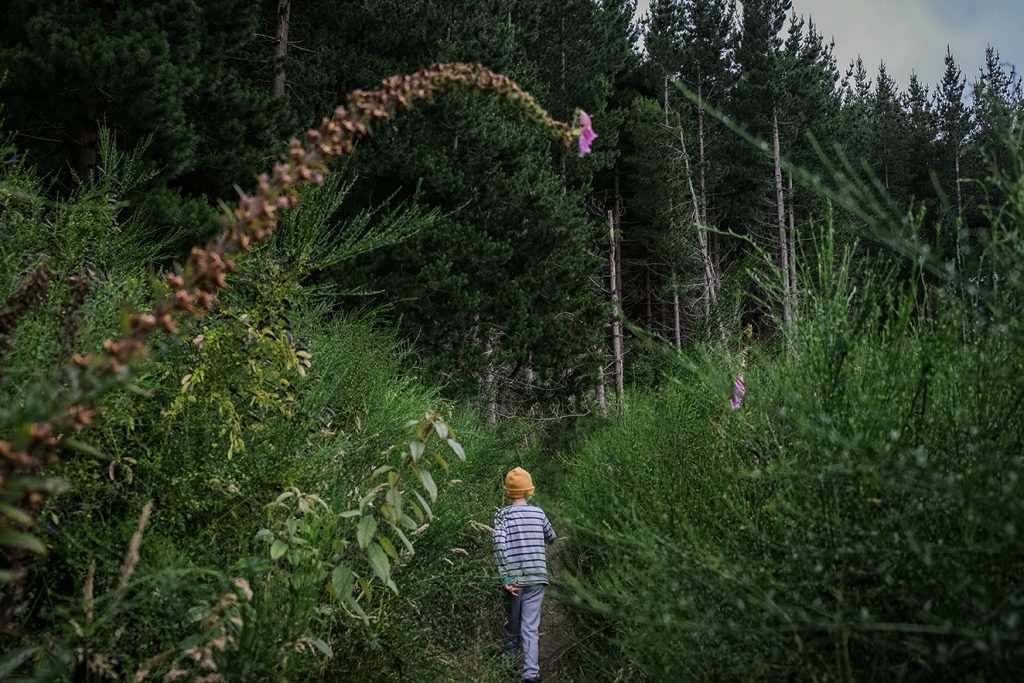
2. story
My son is a very good chess player. His teacher wanted to send him and some of his classmates for a chess tournament. My son didn’t want to participate. What would you expect, how would the teacher react? He encourages, tries to convince, right? Well, that’s not what happened. He accepted the decision right away. He respected it. He didn’t want to change my son’s attitude by any means. He just asked him if he would like to help prepare the other boys. The end result was that my son went to the tournament with the team – and won. And not under any pressure – even a “loving” pressure for a good cause – but out of free choice.
So, I’m grateful to learn here, in New Zealand what does it really mean: “Don’t be sorry!”



